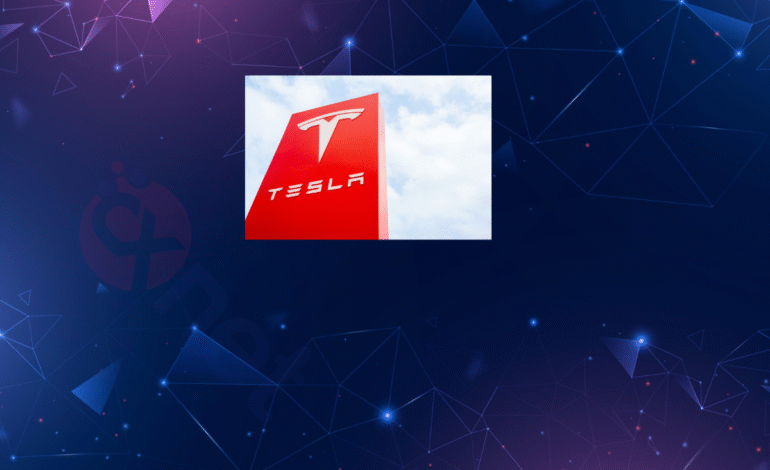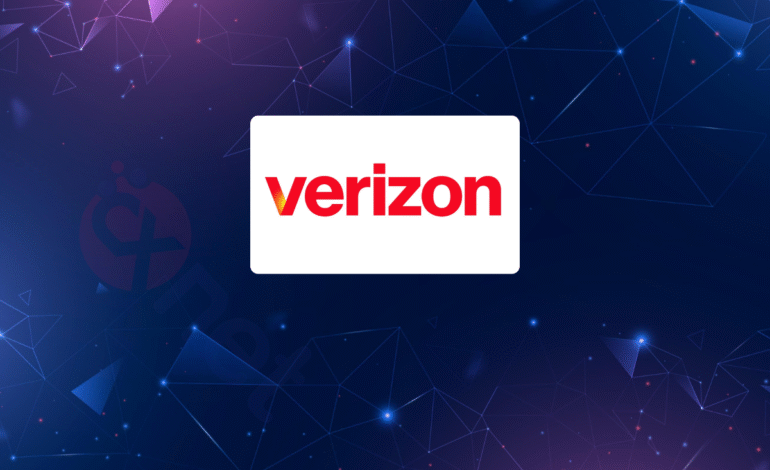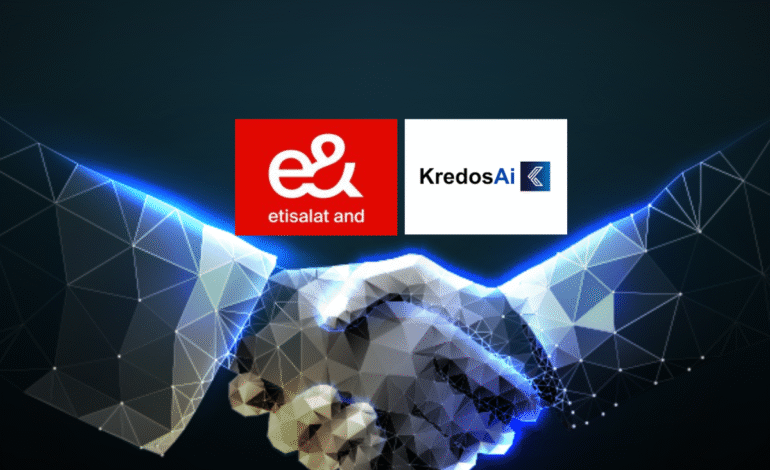
Tesla is once again setting new benchmarks in the automotive industry by integrating artificial intelligence (AI) into its customer service ecosystem. This innovation was recently highlighted when Tesla enthusiast Sawyer Merritt shared on social media his seamless experience using the Tesla Service app for a minor Model Y repair—showcasing real-time updates, app-based communication, and proactive vehicle monitoring.
This marks a transformative shift from traditional reactive maintenance to predictive, AI-driven service models. According to Bloomberg (2023), Tesla’s AI-powered over-the-air updates have already reduced physical service visits by nearly 30% for common issues, underscoring how data intelligence is reshaping vehicle maintenance.
Industry-wide, automakers like Ford and GM are following suit, investing heavily in AI-enabled diagnostics. A McKinsey & Company (2024) study estimates that AI integration in automotive aftersales could unlock $50 billion annually through optimized repair forecasting and inventory management. Tesla’s approach—using machine learning to analyze real-time vehicle data and predict faults before they occur—places it at the forefront of predictive maintenance trends seen across smart manufacturing and mobility sectors.
A Deloitte (2024) report projects the global AI-in-automotive market to reach $15 billion by 2028, driven by connected car technologies and intelligent interfaces. Tesla’s service app, enhanced by natural language processing (NLP), delivers personalized updates such as technician notes and estimated repair times, making customer interactions transparent and efficient. This model stands in sharp contrast to legacy service experiences often marred by delays and limited visibility.
AI-Driven Business Growth
Tesla’s AI service model isn’t just enhancing customer experience—it’s driving business growth. The company’s app ecosystem enables seamless tracking, communication, and warranty access, directly contributing to customer loyalty and retention.
Tesla’s 2023 earnings call revealed a 25% year-over-year increase in service revenue, credited partly to AI-enabled process optimization that reduces labor costs and increases operational efficiency. The company’s success also opens new monetization pathways, including subscription-based predictive diagnostics and premium service packages.
According to Statista (2024), the global automotive aftermarket—valued at nearly $800 billion—offers vast potential for AI-based services such as real-time analytics, predictive inventory, and dealership insights. However, Tesla’s consumer-focused AI strategy provides it with a distinct competitive edge.
While regulatory compliance and data ethics remain challenges, Tesla’s adherence to privacy laws like GDPR ensures trust and transparency in automated decision-making. Industry analysis by PwC (2024) suggests that AI-integrated IoT systems can cut service times by 15%, proving that the technology’s operational impact is both measurable and scalable.
Technical Innovation and Future Outlook
Underpinning Tesla’s service success is its robust AI infrastructure. Built on neural networks trained using data from millions of vehicles, Tesla’s systems employ predictive analytics and NLP chatbots for precise, human-like interaction.
The company’s in-house Dojo supercomputer—introduced in 2021—powers much of this capability, training AI models that reportedly achieve 99% fault detection accuracy (Tesla AI Day 2022). Tesla’s Full Self-Driving (FSD) software also integrates AI-driven diagnostics, using computer vision to identify and flag issues such as sensor misalignment or fluid deficiencies.
Looking ahead, Gartner (2024) predicts that by 2030, 70% of automotive services will be AI-automated, with autonomous repair bots becoming commonplace. Boston Consulting Group (2023) further estimates that robotic service centers could lower operational costs by up to 40%, a future Tesla is already building toward through AI scalability and modular infrastructure.
Ethical AI remains a key priority, with transparent algorithms and auditable decision paths being central to Tesla’s trust strategy. The broader implication for the industry is clear: AI isn’t just improving maintenance—it’s redefining the customer-service paradigm for the electric and autonomous era.


